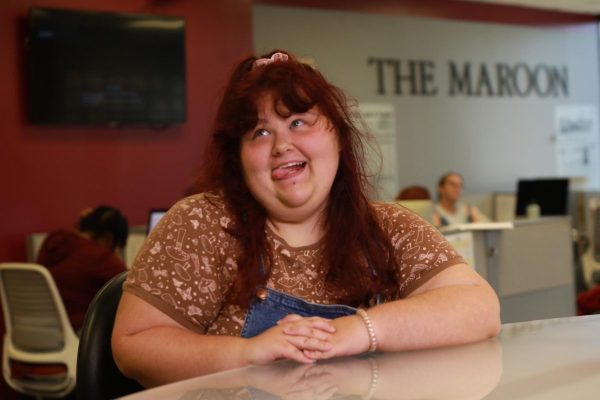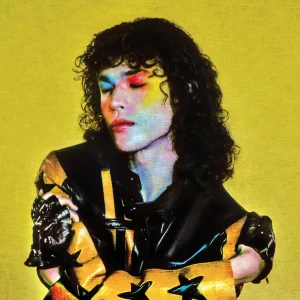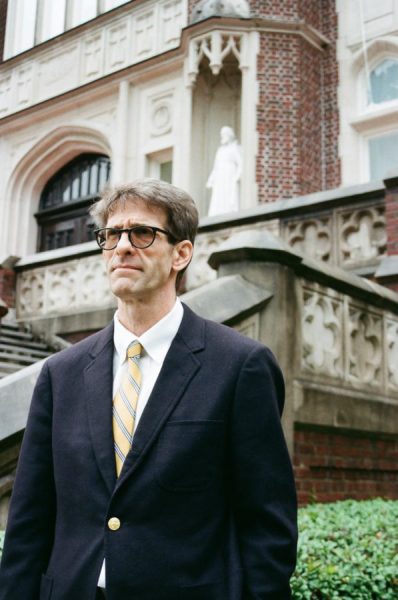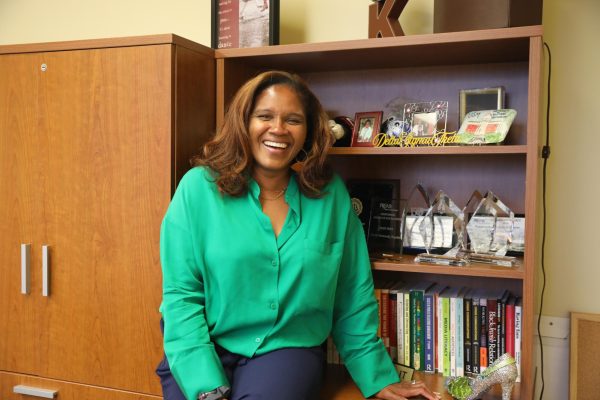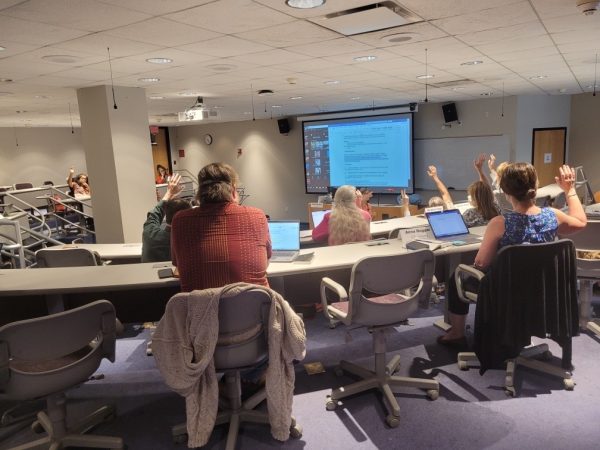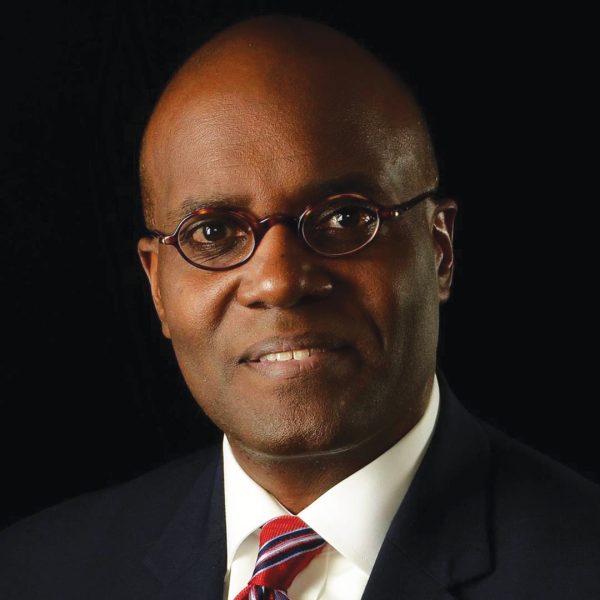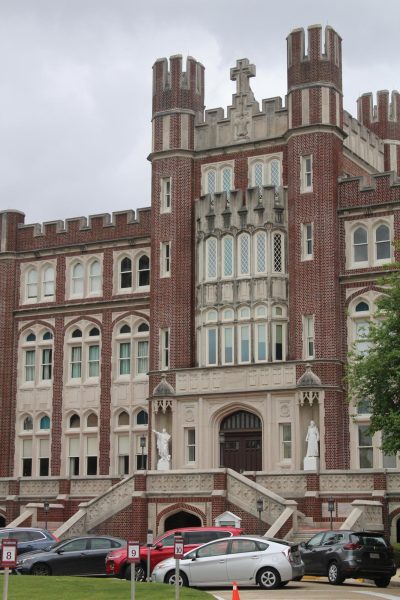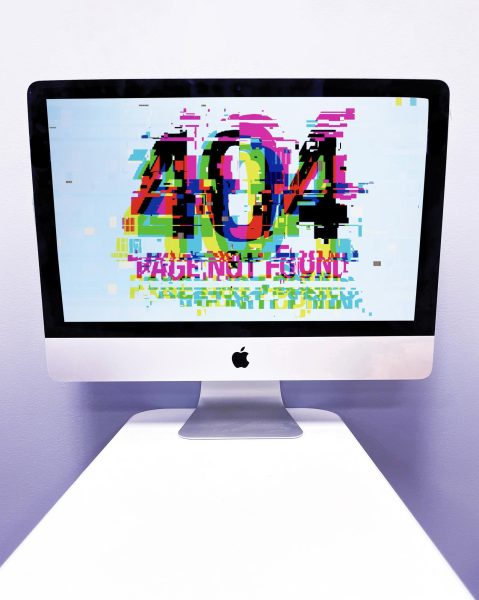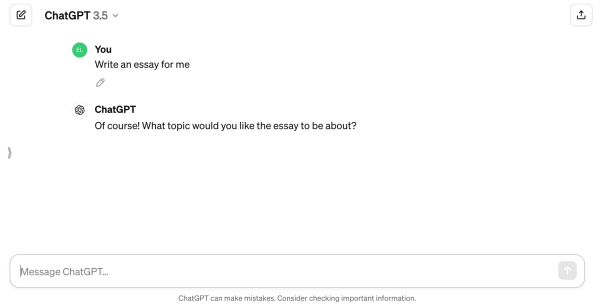COLUMN: Is it really over?
April 21, 2023
It really sounded like a joke: “Student journalist gets punished for doing their job.” But it wasn’t a joke. It was real, and it was happening to me.
I came to Loyola for the journalism program. Originally, I was just going to go to community college and then transfer to a cheaper university. It took a lot of convincing from a friend of mine to even apply to a four-year university, much less Loyola. But once I did, I realized this was the school I wanted to – and needed to be at.
To be thrown under the bus for doing my job as a reporter, the reason I came to this university in the first place, has been one of the most distressing things I have gone through.
How does a university expect to train student journalists for the career they came here to pursue if they’re going to punish them for doing that job?
After this long, anxiety-inducing process, I have come out stronger and smarter.
I love Loyola and the community here. My friends and co-workers, both in and outside of The Maroon, have made this situation so much easier to bear, and I’m grateful that we have this community on campus to allow students to feel safe and welcomed, even in distressing situations like the one I just went through.
Of course, that includes the help of The Maroon advisor, Michael Giusti. He has been an integral part of my support system during this entire situation, and I’m beyond grateful to have him as a mentor here at Loyola. He’s a true treasure to the journalism department.
Beyond The Maroon and my friends, the overwhelming support from people all over the country online is something I still can’t wrap my head around. The idea that so many people had my back who didn’t even know who I was is insane, and I am incredibly grateful for every one.
I am thankful for the relationship the higher administration has tried to rebuild with the community, and especially, with me. I appreciate and welcome the apology Interim President Father Justin Daffron sent to me Monday afternoon, and I’m glad that my charges were dropped.
While I’m grateful that the administration eventually stepped in and fixed this injustice, I’m frustrated that it took so long to get their attention and that things were allowed to go as far as they did.
Why is it that one person was allowed to make a decision that affected the reputation of the university?
It shouldn’t be this easy for a student to be wrongfully punished.
I was lucky to have so many people rush to defend me and have this resolved. But what about the other students who have gone through this process and have been wrongfully punished without a community of support?
This should be a wake-up call for the university. Loyola needs to take a step back and look at the student conduct process. They need to look at the individuals they have allowed to make these decisions regarding student conduct because clearly, they are making mistakes and need to include some legitimate checks in the appeals process.
When I received Daffron’s apology, I thought I’d get this huge feeling of relief because, finally, this month-long issue was over. But still, I haven’t felt that feeling of relief because the truth is, it isn’t over. This is just the beginning of what I hope to be a process of change in Loyola’s disciplining system.
Overall, this situation has been a learning opportunity for myself, fellow students who have been following along, and the administration. I hope Loyola begins to take a closer look at these situations and catch them before they get near as bad as they had this time.


